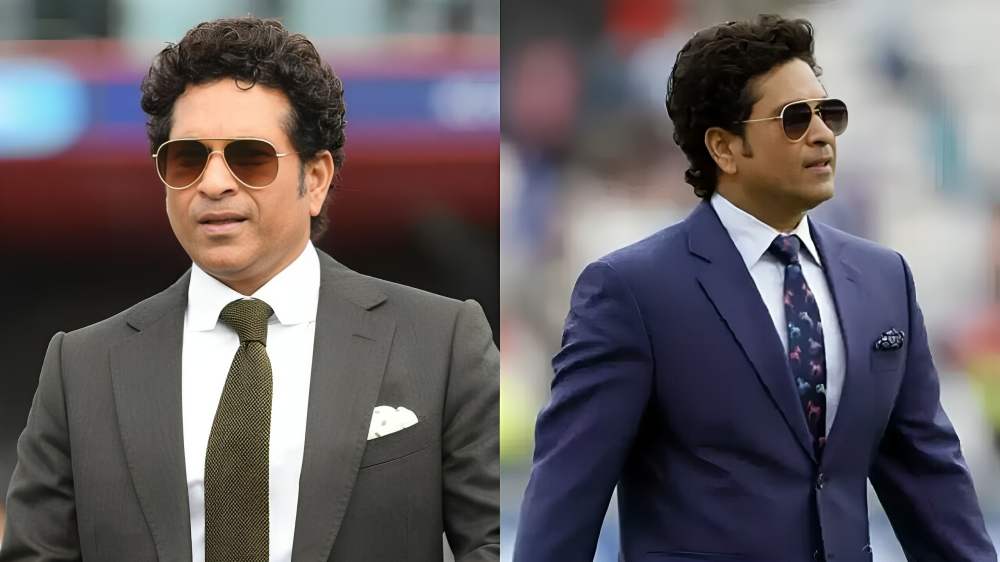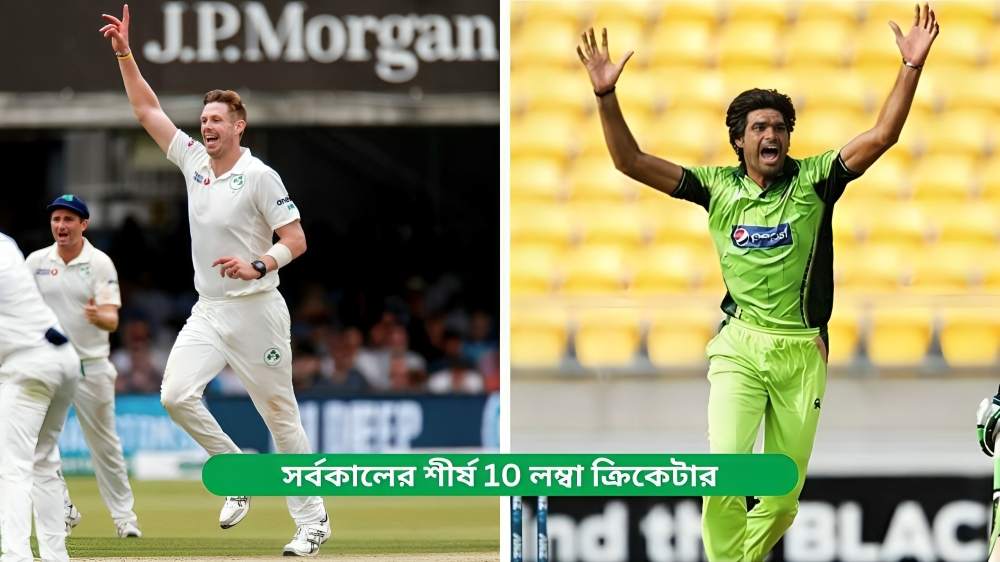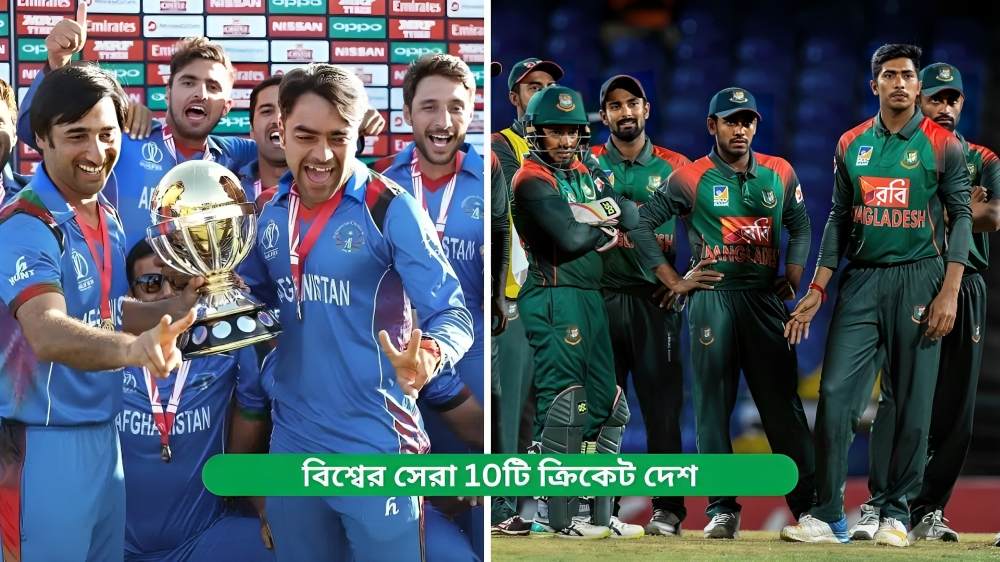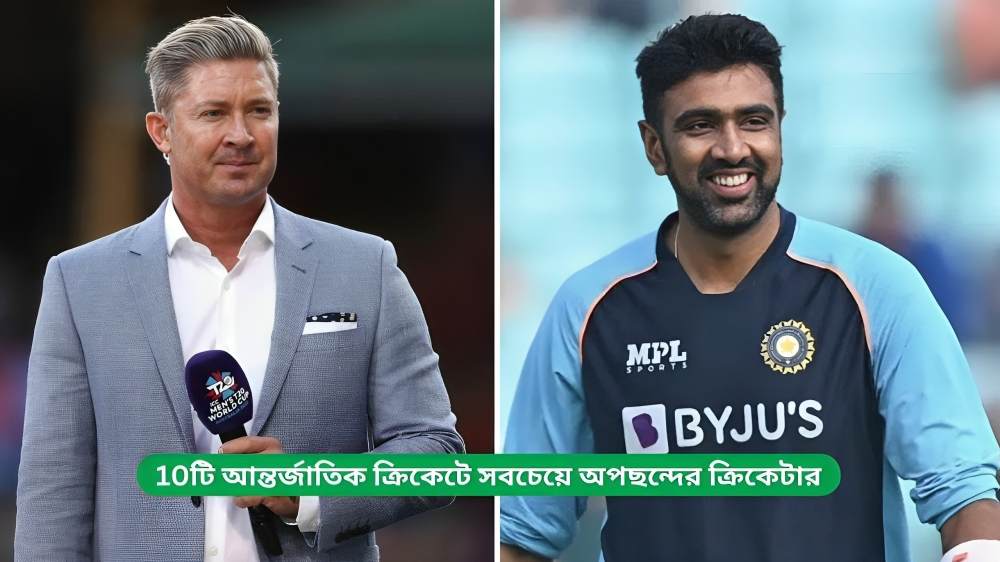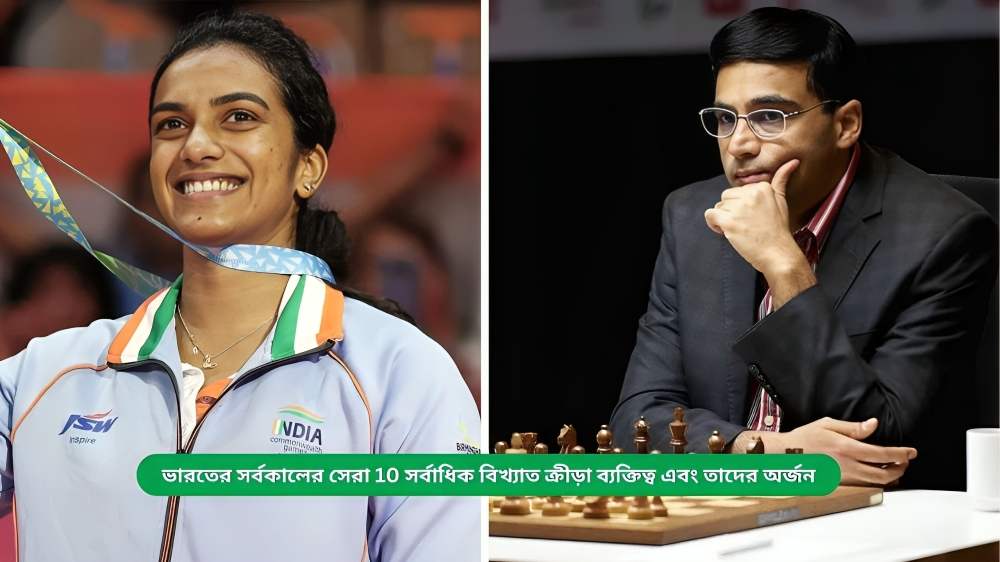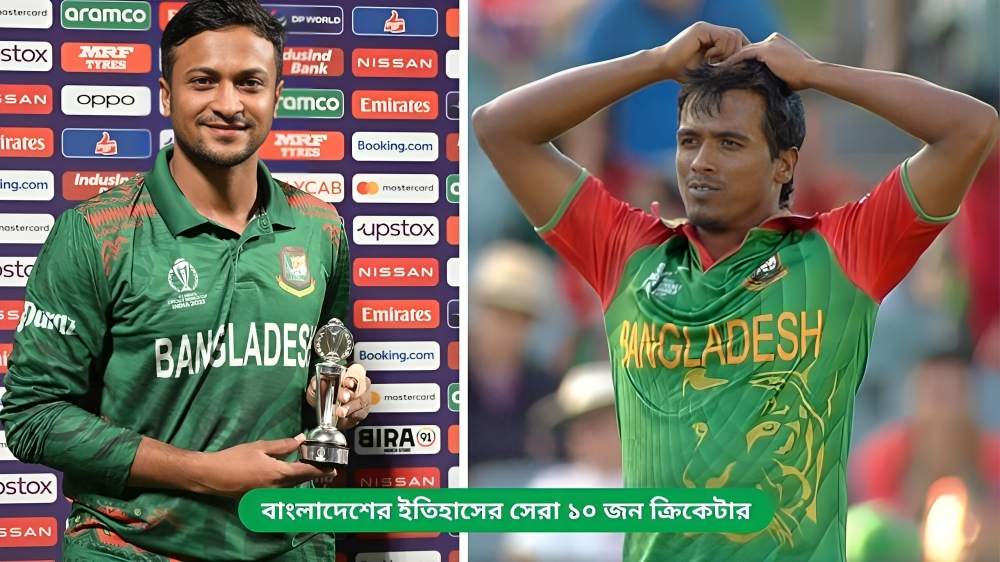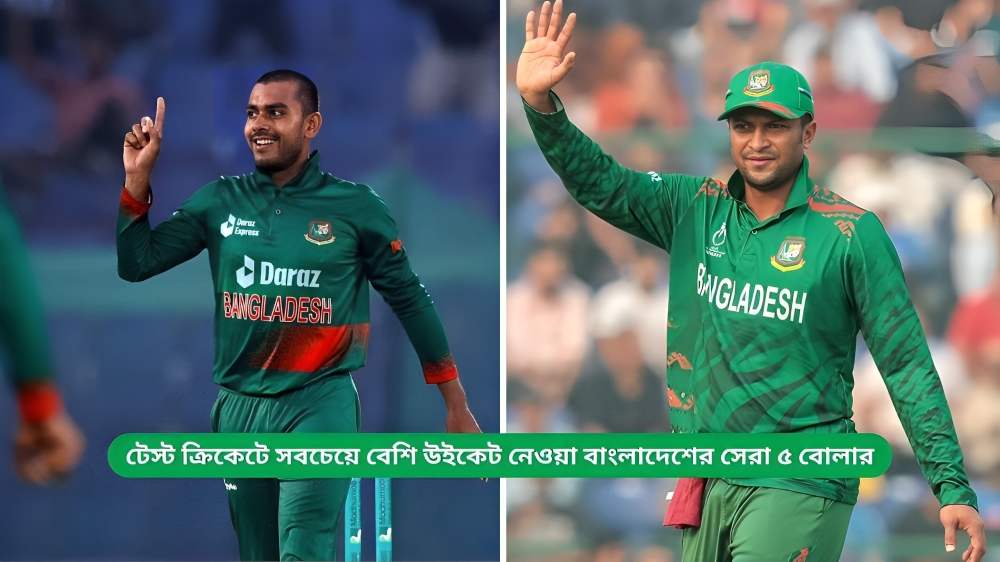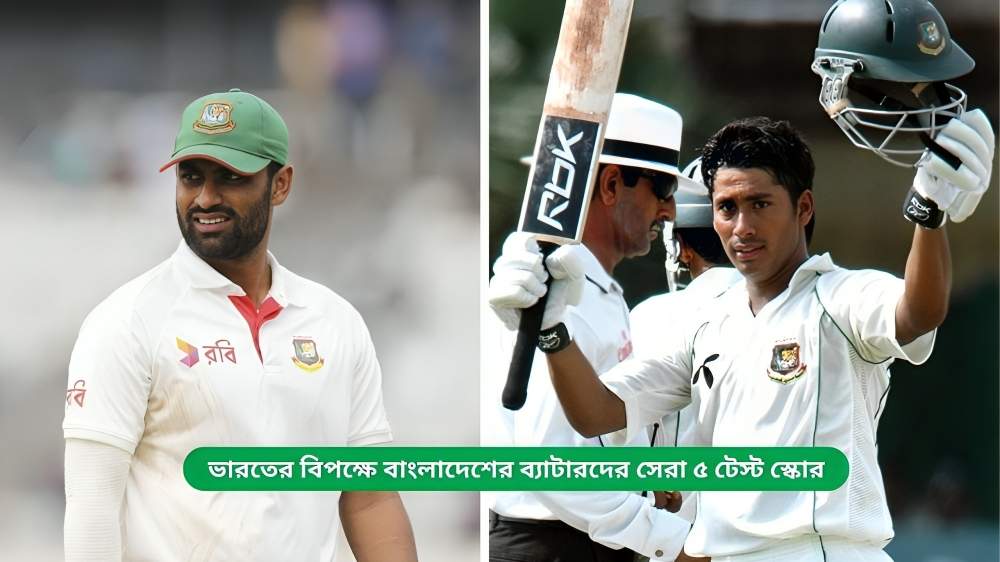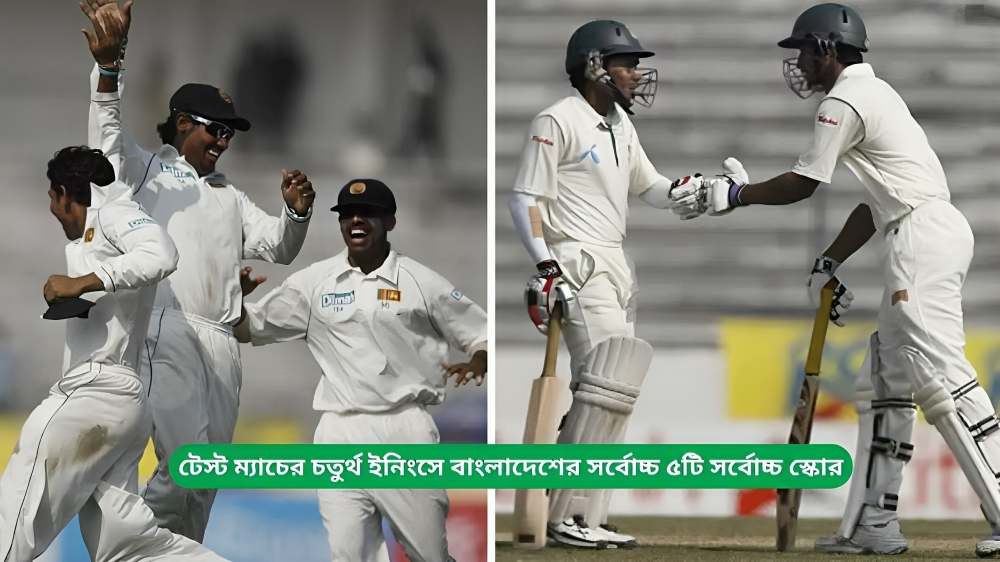To play cricket, you need a bat and a ball. Bats have changed a lot over the years, but balls have changed very little.
A cricket ball is a hard, leather-covered sphere with a circumference of nine inches (23 cm). According to the rules, top-quality cricket balls must be made with six rows of stitches that join the leather shell to the string and cork inside.
Here is the list of Cricket Balls:
Table of Contents
Who Invented The Cricket Ball?

Between 1760 and 1841, the first balls were made by the Duke family, who had a small business in Penshurst, Kent. In 1775, Duke and Son got a Royal Patent from King George IV for their cricket balls. They made the first six-seam cricket ball in 1780.
Cricket became popular in Kent and Sussex, and the Duke family played a key role in cricket history.
After World War II, Duke balls were not popular in Australia. The Thompson family’s company, Kookaburra, got a contract from the Australian Cricket Board. Kookaburra’s white balls are now more popular than their red ones and are widely used around the world.
In India, Sanspareils Greenlands (SG) started making cricket balls in 1931. Founded by Kedarnath and Dwarakanath Anand, SG balls have a more prominent seam than Kookaburra balls. Since 1994, India has used SG balls for home Test matches.
Evolution Of Cricket Balls
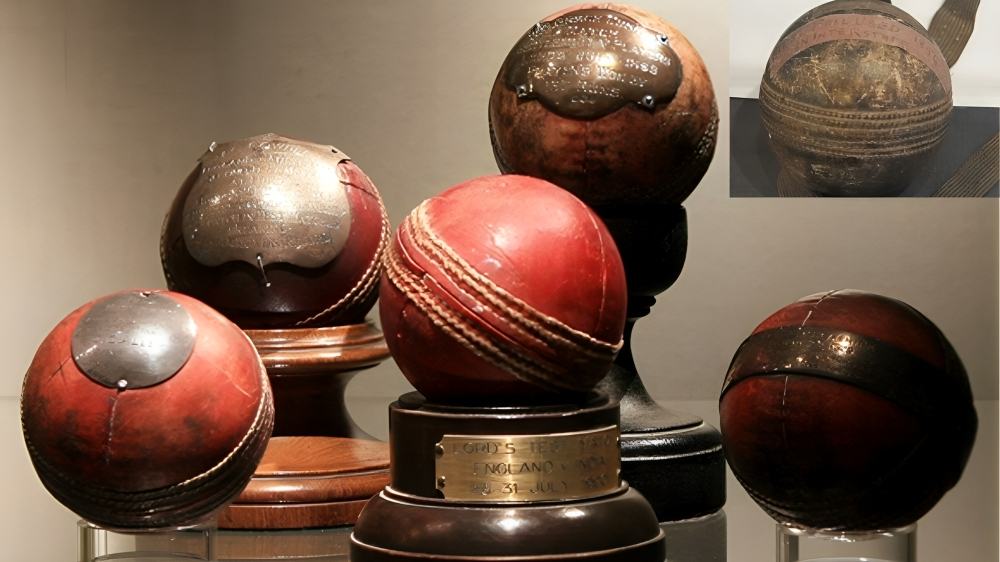
In 1977, Australia’s World Series Cricket used white balls for the first time. White balls lose hardness quickly and aren’t good for long games.
In 2009, pink balls were introduced for day-night Tests. They are easier to see at night and help fast bowlers. The first pink-ball Test was in Australia against New Zealand in 2015.
Cricket Ball: Weight & Dimensions
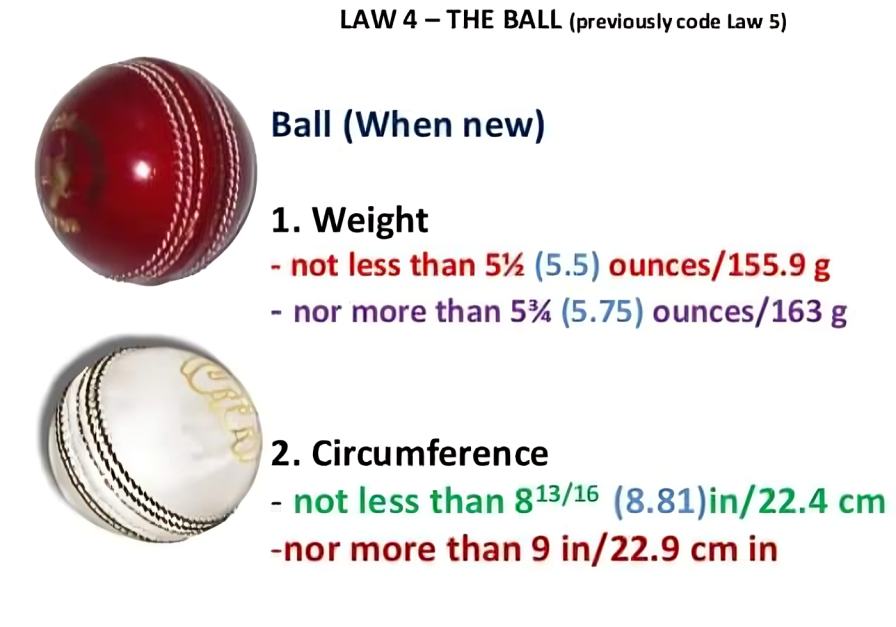
Cricket balls must meet British Standard BS 5993. In 1744, their weight was 5-6 oz, changing to 5-5.75 oz in the 1770s. The circumference is 8.8125-9 inches. Today, Dukes, Kookaburra, and SG make these balls.
You will have fun playing exciting games here: E2Bet
Here Are Some Helpful Tips:


